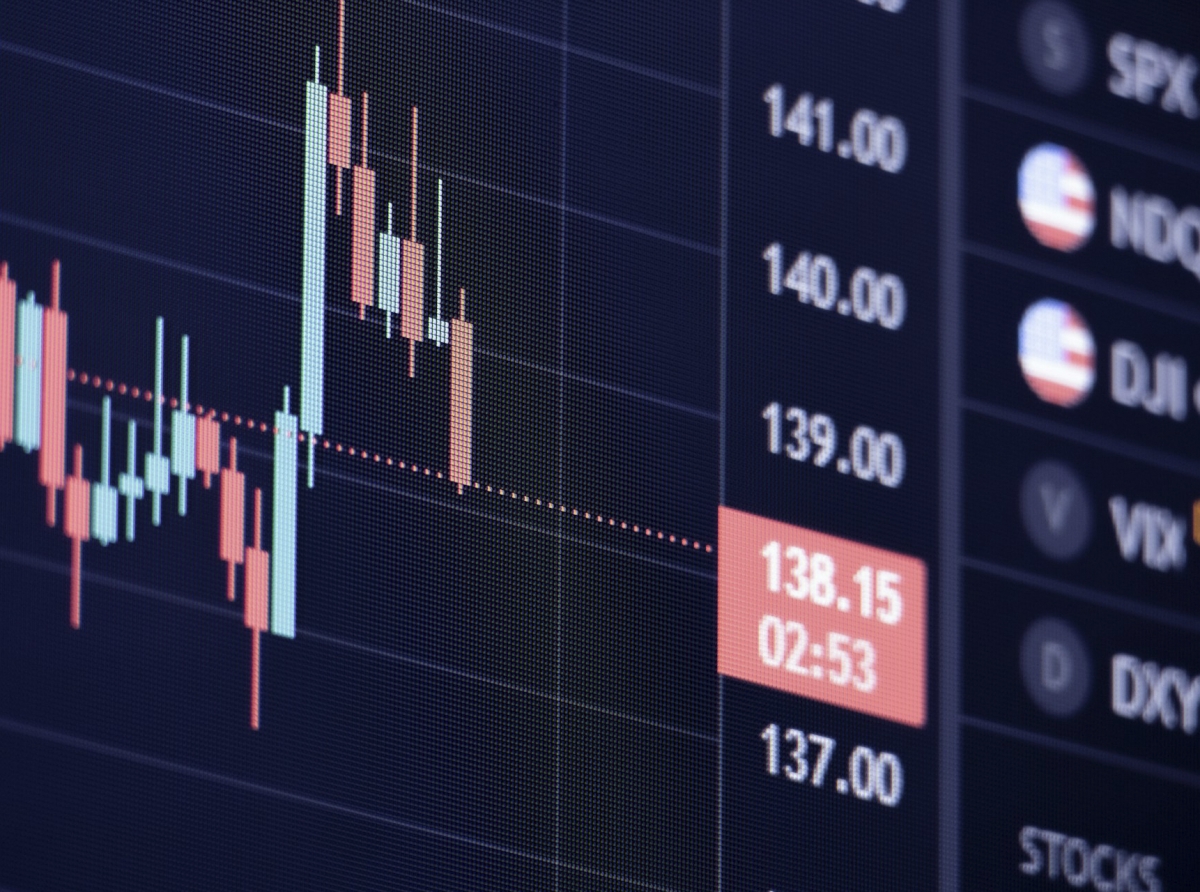Should You Trust Analysts' Advice in Forex Trading?

Should You Trust Analysts' Advice in Forex Trading?
In the dynamic world of Forex trading, advice from analysts, economists, and financial experts is abundant.
Whether it’s through interviews on television, articles in newspapers, or reports published by brokers, traders are constantly bombarded with predictions about currency movements.
But should you trust these forecasts?
And if so, how can you use them effectively without falling into the trap of blind reliance?
This article explores the role of analysts' advice in Forex trading, its limitations, and strategies to leverage it wisely.
Whether it’s through interviews on television, articles in newspapers, or reports published by brokers, traders are constantly bombarded with predictions about currency movements.
But should you trust these forecasts?
And if so, how can you use them effectively without falling into the trap of blind reliance?
This article explores the role of analysts' advice in Forex trading, its limitations, and strategies to leverage it wisely.

Should You Trust Analysts' Advice in Forex Trading?
The Role of Analysts in Forex
Analysts play a crucial role in shaping market sentiment and providing insights into potential trends. Their expertise often stems from years of studying economic indicators, geopolitical events, and technical analysis. For novice traders, these insights can seem like a shortcut to success. However, relying solely on analysts’ opinions without critical evaluation can lead to costly mistakes.Forex analysts typically focus on long-term forecasts, discussing the prospects of major currencies such as the euro, dollar, yen, or pound. While their commentary may help identify broader trends, they rarely delve into specific currency pairs beyond the most popular ones. Additionally, their predictions are based on current data and assumptions that may not account for sudden shifts in the market.
Why Analyst Predictions Often Differ
One of the biggest challenges with analysts’ advice is inconsistency. It’s common to hear conflicting forecasts from equally confident experts. For instance, one analyst might predict a bullish trend for the euro due to positive economic growth in Europe, while another might anticipate a bearish outlook because of political instability. Both arguments may sound convincing, but only one will ultimately prove correct—or neither might, depending on unforeseen variables.This discrepancy arises because no single analyst has a crystal ball. Markets are influenced by countless factors, including unexpected geopolitical developments, natural disasters, central bank policies, and even social media trends. Even the most seasoned professionals can make errors when predicting outcomes.
Beware of Broker-Provided Analysis
Many brokers offer free market analysis and predictions from their in-house teams or guest experts. While this service can be valuable, it’s essential to approach it with caution. Brokers provide these analyses partly as a marketing tool to attract clients, and they explicitly state that their forecasts represent personal opinions rather than guarantees.Before acting on broker-provided advice, test its accuracy over time using a demo account. Set up separate accounts for different analysts if needed, allowing you to compare performance objectively. If an analyst consistently delivers accurate predictions, you might consider incorporating their insights into your strategy—but always with a grain of skepticism.
The Risks of Blindly Following Analysts
Blindly following analysts’ recommendations can lead to poor decision-making. Here’s why:Overconfidence Bias : Analysts often present their views confidently, which can create a false sense of certainty among listeners.
Delayed Reactions : By the time an analysis is published, the market may have already priced in the anticipated event, rendering the advice obsolete.
Lack of Personalization : Generalized forecasts don’t take into account individual risk tolerance, trading style, or goals.
Unforeseen Events : Markets are unpredictable, and even well-researched predictions can fail due to external shocks.
To mitigate these risks, traders must adopt a balanced approach that combines expert opinions with independent research and analysis.
How to Effectively Use Analysts’ Advice
If you decide to incorporate analysts’ advice into your trading strategy, follow these steps to maximize its value:1. Choose a Reliable Analyst
Start by identifying analysts whose track record demonstrates consistent accuracy. Review their past predictions and assess how frequently they align with actual market outcomes. Avoid those who frequently contradict themselves or lack transparency about their methodology.
2. Conduct Your Own Market Analysis
Never rely exclusively on someone else’s opinion. Use your preferred analytical methods—whether technical, fundamental, or sentiment-based—to evaluate market conditions independently. Compare your findings with the analyst’s forecast before making any decisions.
3. Open Only High-Confidence Trades
Limit your trades to situations where your analysis aligns with the analyst’s prediction. This dual confirmation increases the likelihood of success and reduces reliance on guesswork.
4. Backtest Unopened Positions
For positions you decide not to open, monitor their hypothetical performance on a demo account. This practice allows you to learn from missed opportunities and refine your decision-making process.
5. Regularly Review Performance
Periodically review both your own analyses and the chosen analyst’s predictions. If discrepancies arise too frequently, reconsider whether the expert’s input adds value to your strategy.
Benefits of Combining Expert Insights with Independent Research
By blending analysts’ advice with your own efforts, you can achieve several benefits:Minimized Risk : Cross-verifying information ensures you’re not basing decisions on flawed assumptions.
Accelerated Learning : Comparing your insights with professional forecasts enhances your understanding of market dynamics.
Improved Confidence : A systematic approach boosts confidence in your trading decisions, reducing emotional stress.
Customized Strategy : Integrating third-party perspectives helps tailor your strategy to unique preferences and objectives.
When Should You Ignore Analysts Altogether?
While analysts’ advice can be helpful, there are scenarios where ignoring it entirely makes more sense:- Short-Term Trading : Day traders and scalpers operate on extremely tight timeframes where macro-level forecasts have limited relevance.
- Market Volatility : During periods of extreme uncertainty, such as during financial crises or geopolitical upheavals, analysts’ predictions become less reliable.
- Inconsistent Track Record : If an analyst frequently misses the mark, their advice is unlikely to contribute meaningfully to your strategy.
- Contradictory Signals : When multiple reputable analysts provide conflicting views, it’s better to rely on your own judgment than gamble on uncertain guidance.
Conclusion: Striking the Right Balance
In conclusion, analysts’ advice can serve as a useful supplement to your Forex trading strategy—but only if used judiciously. Instead of blindly trusting experts, adopt a disciplined approach that prioritizes critical thinking and self-reliance. By carefully selecting reliable sources, conducting independent research, and regularly reviewing results, you can harness the power of expert insights while minimizing associated risks.Ultimately, the key to successful trading lies not in following others but in developing your own skills and judgment. Analysts can guide you, but the final responsibility rests squarely on your shoulders. With patience, persistence, and a balanced perspective, you’ll be well-equipped to navigate the complexities of the Forex market and achieve sustainable success.









Report
My comments